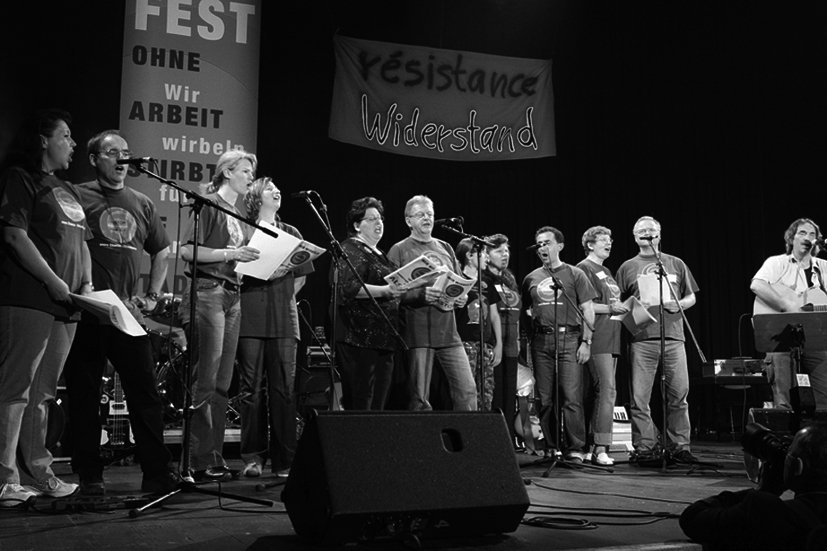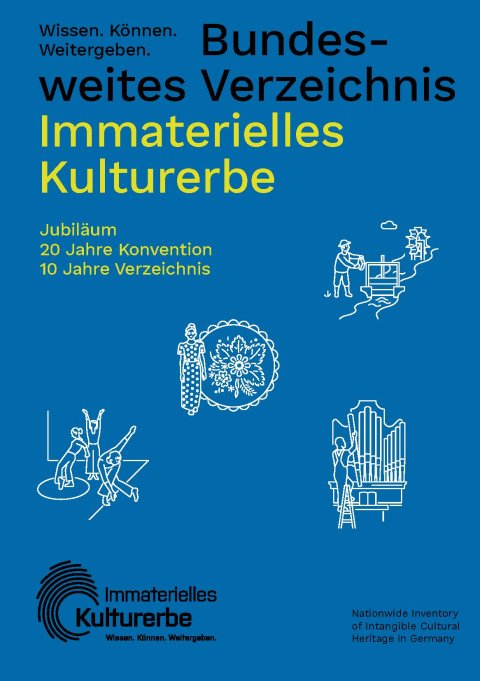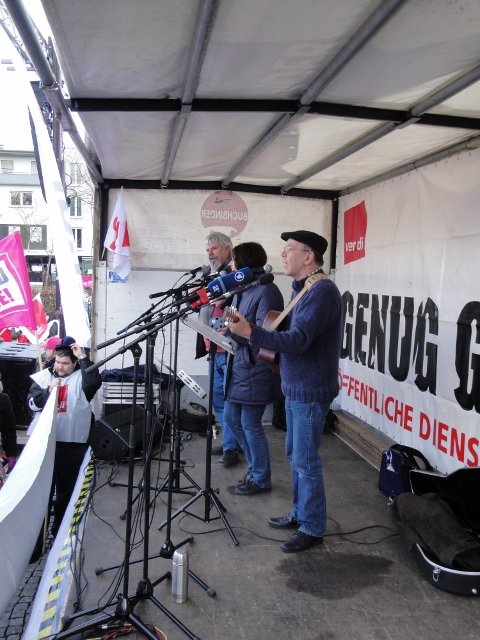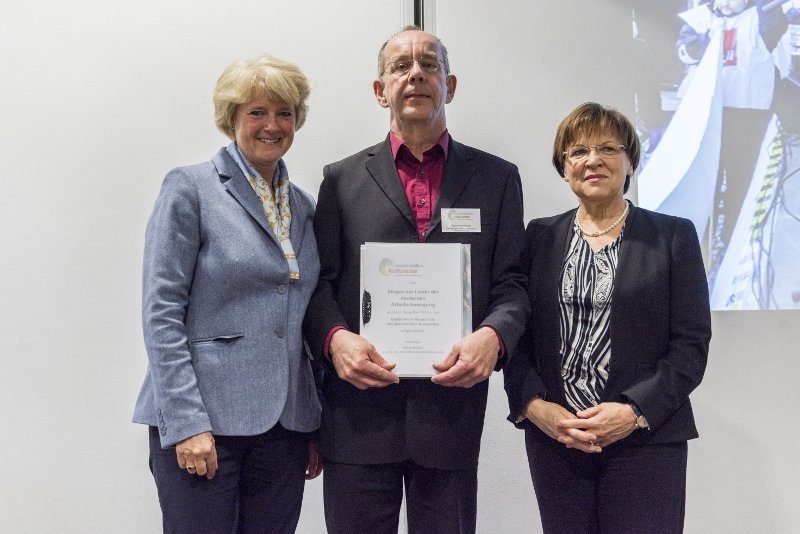Nationwide Inventory of Intangible Cultural Heritage
Singing the Songs of the German Labour Movement

In the context of actions of the labour movement, typical songs have been sung since the 19th Century. The singing of these songs is on the one hand an expression of the discrimination and suppression of those dependent upon their wages and on the other of their resistance and confidence in the future.
Facts & figures
Crucial date: all seasons
Inscription: 2014
Domains: oral traditions and expressions; performing arts; forms of social self-organization
Where to find: nationwide
Contact
Dr. Joachim Hetscher
@email
The songs often have a positive relationship to transnational solidarity and the striving for peace between nations. Many of them are translations from other languages, such as “The International” or “Bella Ciao”.
The songs of the labour movement attained a high level of artistic development in the German-speaking cultural area due to musically innovative adaptations and further developments by Kurt Weill, Hanns Eisler and Bertolt Brecht. The singing of the songs of the German labour movement has been forbidden and suppressed for long periods of German history.
After the Second World War this tradition had to be rediscovered and reclaimed anew by the labour movement. Today, still, the practice is characterised by a great vitality that, whilst being ignored by the media to a large extent, is expressed at meetings or on the occasion of strikes and other trade union confrontations as well as in the composition of new songs.





